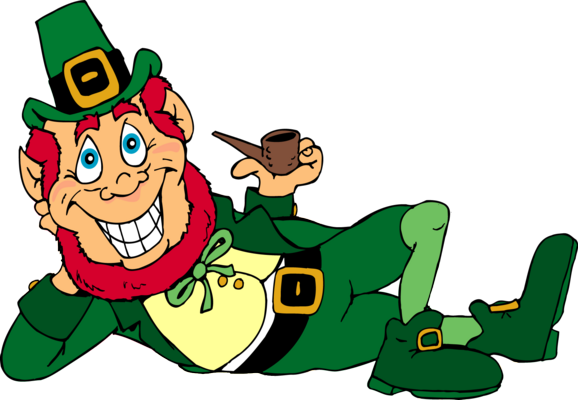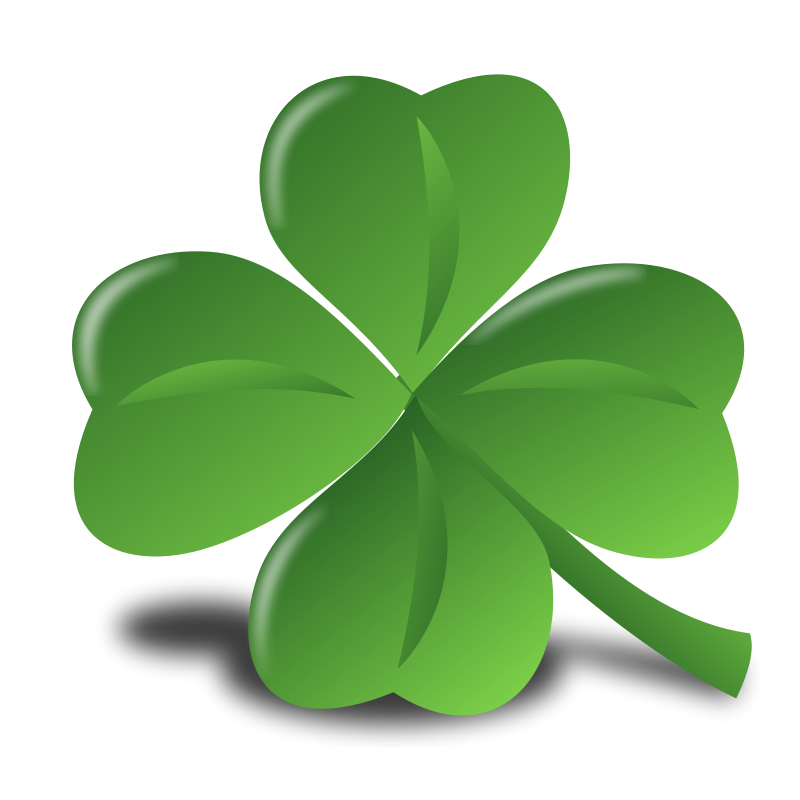Gallery
Photos from events, contest for the best costume, videos from master classes.
 |  |
 |  |
 |  |
 |  |
 |  |
 |  |
Saint Patrick (Saint Patrick) is the patron saint of Ireland, and "Saint Patrick's Day" is celebrated annually on March 17, the date of his death in 461 AD. the elimination of pagan influences Myths and legends about St. Patrick's Day St. Patrick's Day is that one day of the year when everybody is Irish.. .or at least pretends to be. But what does that actually entail? When it comes to St. Patrick's Day history, the US has all kinds of traditions that, frankly, aren't even Irish. Who March 16, 2017 / By Nemisistar / Historical, Holidays of Man, Top Ten / holidays, Holy Blood Holy Grail, Lost Sheep of Israel, pagan idolatry, Saint Patrick's Day, Tribes of Israel / 1 Comment According to Wikipedia, “Saint Patrick’s Day, or the Feast of Saint Patrick, is a cultural and religious celebration held on 17 March, the How could a good Pagan celebrate St. Patrick driving the “snakes” (i.e. “Druids”) out of Ireland? Why would a Pagan celebrate a day to honor a Christian Saint? I assured everyone that I had not turned my back on my heritage and that I had created a simple Pagan ritual to appropriately celebrate St. Patrick’s Day. On March 17, millions of people will celebrate an Irish holiday called St. Patrick’s Day by viewing parades, dressing in green, decorating with shamrocks and leprechauns, drinking green-colored beer or grabbing a shamrock shake. St. Patrick's Day began as a Christian feast day to honor St. Patrick and his accomplishments. The first St. Patrick's Day parade was held in Boston in 1737, and the holiday became an official Irish holiday in 1903. Despite its Christian origins, many of the traditions associated with St. Patrick's Day have pagan roots. For example, the color Like many traditional holidays, St Patrick’s Day has roots in Paganism. Paganism today goes by many names and is still a practised around the world, with roughly 250,000 neopagans in the United And while the 17th of March was pegged as the day for celebrating the apostle of Ireland, the Church does occasionally move the date (like it did in 1940 and 2008 when St. Patrick’s Day fell during Holy Week and was thus shifted to April 3rd and March 15th respectively). So yeah, bottom line: the Church sets the date of St. Patrick’s Day. The luck of the Irish also has a touch of Pagan magic (Picture: Getty) 17 March is much more than just Guinness, pinching, and wearing green. Like many traditional holidays, St Patrick’s Day has Another iconic symbol of St. Patrick’s Day is the shamrock, which St. Patrick allegedly used to explain the concept of the Holy Trinity to the Irish. But like many aspects of the holiday, the shamrock has deeper pagan roots. In pre-Christian Ireland, the shamrock was a symbol of the sacred triad—a concept revered in Celtic spirituality. This day reinterprets the “snakes” in St. Patrick’s lore as symbols of ancient pagan traditions rather than literal serpents. Celebrated concurrently with St. Patrick’s Day on March 17th, All Snakes Day is an homage to Ireland’s pagan heritage, offering a moment to reflect and recognize the island’s rich spiritual past. Other names: Damballah Weddo, Da, Papa Damballa, Obatala; Holiday: March 17 (St. Patrick’s Day); Associated Catholic Saint Patrick (who drove the snakes out of Ireland), and sometimes also Moses, whose staff transformed into a snake to prove the power of God over that wielded by Egyptian priests, Damballah is the primordial snake Iwa of life, wealth and wisdom. Though St. Patrick’s Day was officially placed on the Christian calendar in the early 1600s, the Irish people had been paying homage to their beloved saint in more localised and informal ways for hundreds of years. Original traditions of St. Patrick’s Day were deeply rooted in religious and national identity. It was designed to coincide with and replace the pagan holiday known as Ostara, the second spring festival to celebrate the rebirth of nature prior to the spring equinox on March 22. In other words, St. Patrick’s Day was the Christian replacement for a pagan holiday that was also celebrated in ancient Greece. 10. Can Pagans celebrate St. Patrick’s Day in any way? Some Pagans may choose to focus on the cultural aspects of St. Patrick’s Day, such as the music, dance, and food, while others may completely abstain from the celebrations due to their religious and historical objections. Each individual Pagan makes their own decision based on their Yes it is. It is in honour of St. Patrick who is credited with bringing Christianity to Ireland. It is Ireland's national holiday, and also a day of holy obligation, meaning that people go to March 17th, St. Patrick’s Day, a festival often associated with parades, shamrocks, and the colour green. In Ireland, the day is a national holiday, commemorating the patron saint who is said to have brought Christianity to the island. But beneath the layers of modern festivity lies a deeper and older story — one that speaks Most so-called Christian holidays have a pagan origin. Saint Patrick's Day may be a little different. Although, today the holiday is certainly wroth with pagan idolatry, this appears to be a case of a non-Biblical Christian holiday being made pagan rather than the usual pagan holiday being made Christian. Americans go crazy for this secularized holiday and, according to an Irish friend of mine, make a bigger deal out of this holiday than they do in Ireland. But not all is fun and games. According to some Pagans, St Patrick’s Day has a dark side. One of the most popular legends about St Patrick is that he drove out all the snakes from Ireland. As revelers celebrate St. Patrick's Day in 2025, here's a look at who Ireland's patron saint was and the meaning behind the holiday.
Articles and news, personal stories, interviews with experts.
Photos from events, contest for the best costume, videos from master classes.
 |  |
 |  |
 |  |
 |  |
 |  |
 |  |